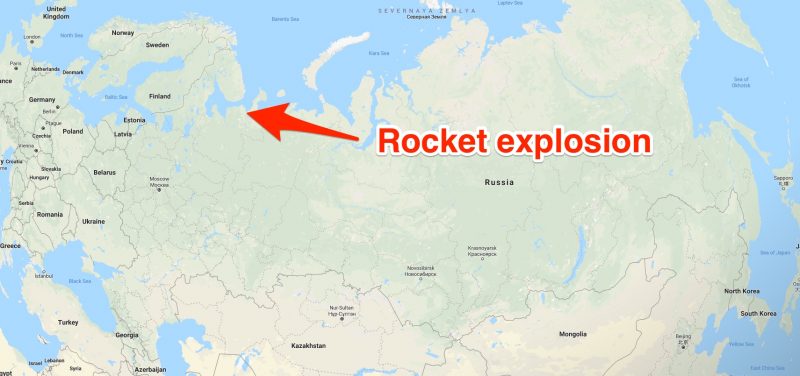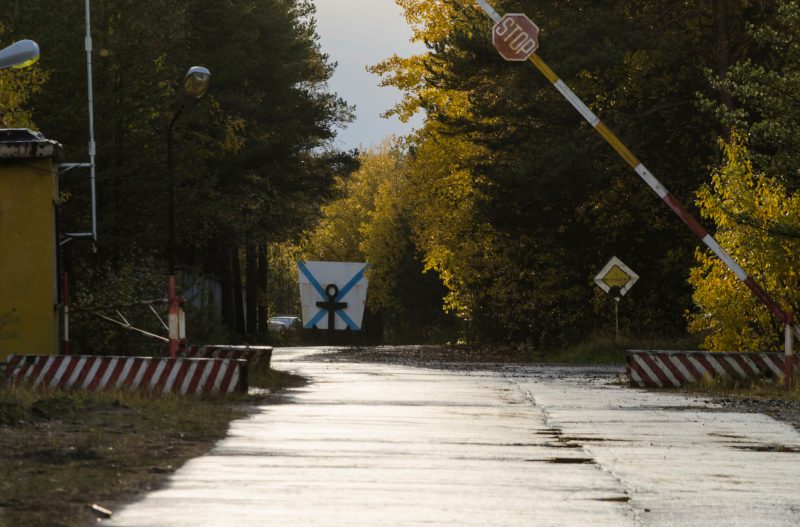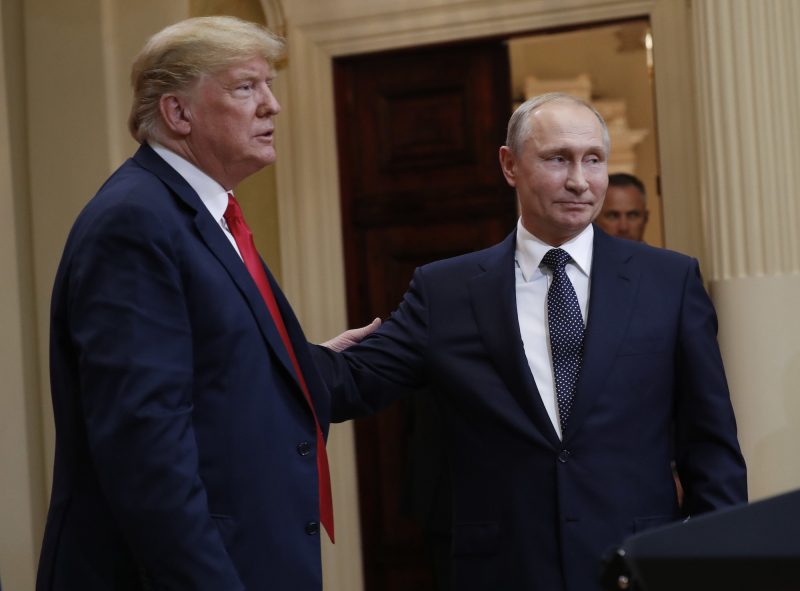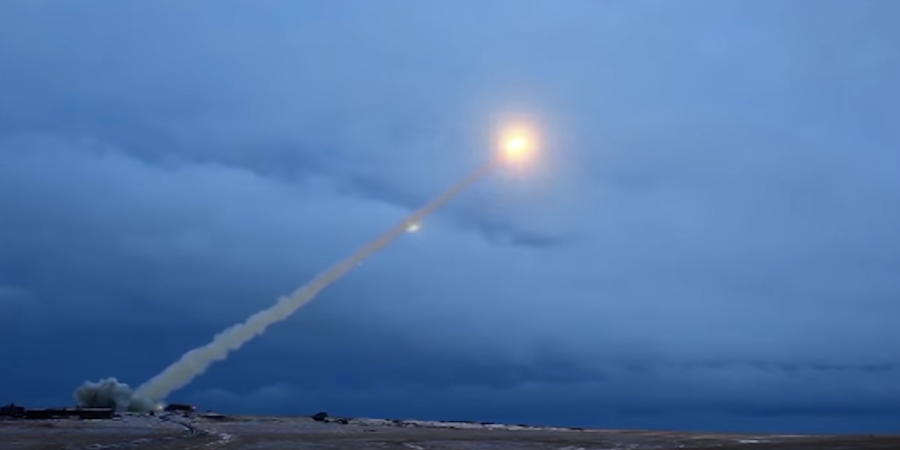- A radioactive explosion in Nyonoksa, Northern Russia, is widely understood in defense circles to have been a botched test of a nuclear-powered cruise missile.
- NATO has been notably muted in its response, sources told Insider, despite being sure of what happened.
- Frustrated officials cite Trump’s friendly overtures to readmit Russia to the G7 group of nations as confounding its ability to properly condemn President Vladimir Putin.
- “Shooting nuclear reactors into the sky at Mach 8 poses a danger to everyone, not just Russian scientists,” a source told Insider.
- Visit Insider’s home page for more stories.
Since a radioactive explosion in Nyonoksa, Russia, this month, NATO has been watching closely, and, according to sources in the alliance, quickly concluded it was part of a reckless test to develop an experimental new nuclear-powered cruise missile.
However, NATO has felt incapable of taking a hard line with President Vladimir Putin over his weapons program in part because of US President Donald Trump’s troublingly friendly approach to Russia, three NATO officials told Insider.
According to the officials – who spoke anonymously because they are not authorized to discuss the issue on the record – the agency agrees with widespread assessments that the explosion at a military facility near Nyonoksa on August 8 was part of a nuclear weapons program.

The blast killed five scientists and threw radioactive fallout into the air that could be detected in Western Europe. But it has not prompted a strong international response.
The officials each said that NATO was unlikely to directly confront Russia because the incident occurred at a time when multiple strategic issues - from Syria to Ukraine to election interference - already vex relations.
"Developing a nuclear-powered cruise missile to carry and deliver nuclear warheads is obviously something that concerns NATO," said one military intelligence official based at NATO headquarters in Brussels.
However, the official said that Trump's recent suggestion to reinstate Russia to the G7 group of developed economies has hobbled NATO's ability to respond robustly. The US is NATO's single largest partner and funder, so NATO officials feel cowed at the idea saying anything that might look like criticism of Trump's friendliness toward Russia.

"Putin wants back in the G8 but he's testing wildly irresponsible weapons systems that are essentially limited to offensive capability," said another NATO official based in a western European capital.
All three said they were moved to speak by the apparent reluctance by political leaders in NATO member states to strongly condemn the failed test and demand answers about the program from Putin.
"At each turn with Putin, each time he pushes the West with a test like this - or an assassination in Berlin as we are seeing today - the response from NATO is either soft or superficial," said the Brussels-based official.
(The Berlin incident the official referred to is still under investigation, but many suspect ties to the Russian state. Russia has denied involvement.)

He continued: "But to follow this disastrous aggression with Trump suggesting reinstatement with the G-8 means that Putin doesn't need to fear new sanctions and even with tests like this he might get old sanctions lifted."
"The current leadership of the West appears to be OK with ignoring this incident in favor of focusing on other concerns. But shooting nuclear reactors into the sky at Mach 8 poses a danger to everyone, not just Russian scientists."
The US considered developing a similar nuclear-powered system to deliver nuclear weapons in the 1960s but the project was abandoned because of the dangers of testing. The system was also deemed irrelevant as a deterrent for a country that already can deploy thousands of nuclear warheads.
Insider contacted NATO's press office for an on-the-record comment on its handling of the Russian explosion, but has yet to receive a response.

